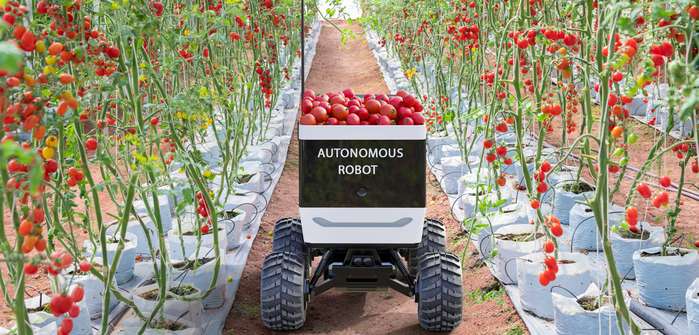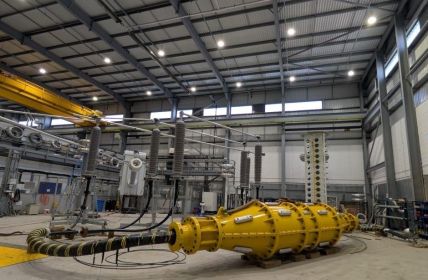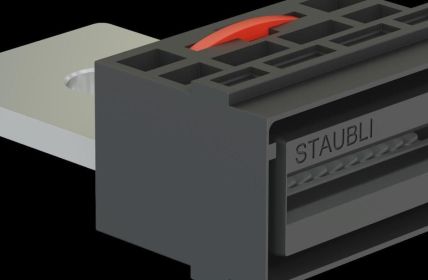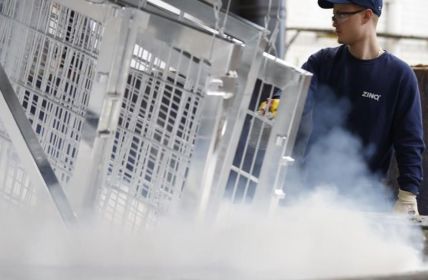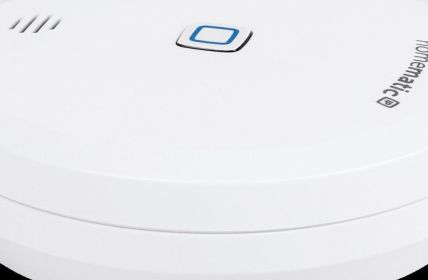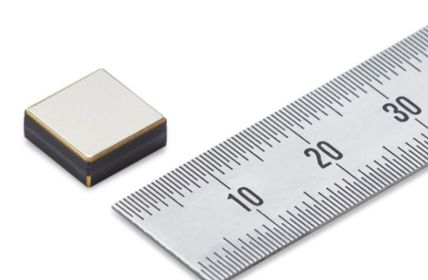The British company Small Robot Company (SRC) is building mini robots that no longer take care of agricultural crops in their entirety like conventional IoT technology. Instead, they will optimize each plant individually. This could not only help save large amounts of pesticides. It would also put food production on a more sustainable footing.
Table of Contents: What awaits you in this article
SRC: Million-dollar business from radio message
Scott-Robinson, one of the co-founders and current CEO of the small robotics company came up with the idea of mini-robots by accident. In a radio report, a professor expressed the view that conventional industrial agriculture had lost all sense today. It would be time to use modern technologies to get a more realistic view of the processes taking place in it. This is the only way to counteract current undesirable developments.
Market research with farmers
Electrified by this attitude, the expert in augmented reality and geodata analysis sought out the professor. The professor put him in touch with an interested farmer, ex-analyst consultant and current business partner of SRC. The two spent the next half year interviewing farmers, developing the idea of the micro-robots, as well as their per-plant service. Robotics, artificial intelligence, and location tracking techniques provided the foundation for the new business model.
Getting the idea with crowdfunding
A few years later, the team decided to launch a crowdfunding campaign to raise money to implement their ideas. The background to the vision was that many small investors, rather than a few large venture capitalists, could help preserve the original idea rather than dilute its base.
Unexpected success attracts more funding
The small startup was able to secure five million pounds from nearly 1800 investors in a very short period of time, including many ecologically minded communities. This success also attracted interest from major backers, such as venture investor 7Percent, which believes SRC has the disruptive potential to be a billion-dollar business. But the British government is also subsidizing the company with a further four million pounds.
SRC: Increasing food production and reducing environmental damage
SRC’s team of developers, engineers, farmers, researchers and designers have set themselves the ambitious goal of shaping a new agriculture. A future in which food production can be further increased. More individualized care of plants and more sustainable methods of weed treatment are intended to accomplish this. At the same time, however, the goal is to drastically reduce the environmental damage that often accompanies such practices.
Tom, Dick and Harry: The robotic future of agriculture?
To achieve this, they are relying on mini-robots that not only grow crops and control their growth, but can also intervene when problems arise. The machines, christened Tom, Dick and Harry, do not use any chemicals in their work, which can lead to a reduction of up to 93 percent in the amount of pesticides used. Instead, they visit plants classified as weeds, which can cause damage to resident businesses of up to £400 million a year. During near-field analysis, the devices then autonomously decide whether the initial classification was correct, and if so, the weed is treated with the electricity method Zapping.
More sustainable agriculture
This farming method, which developers call no-till robotics, uses farm robotics not only to minimize chemical use. Robotics and AI also help reduce emissions by preventing soil erosion and unnecessary runoff of important resources, such as water, with their gentler farming methods. Currently, about twenty field trials are underway with weed mapping and zapping.


